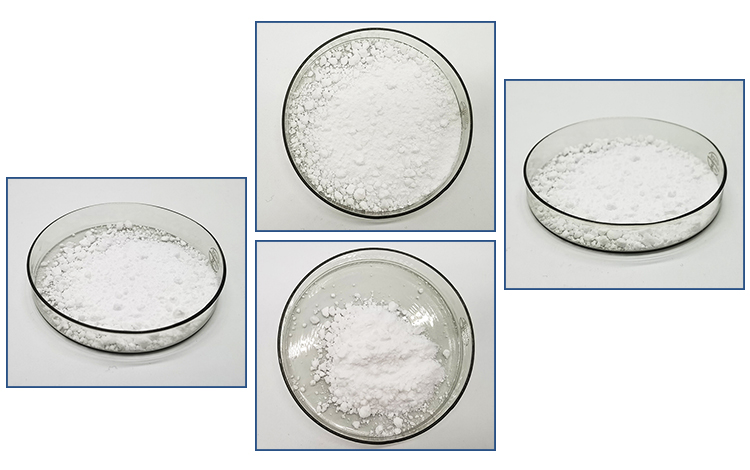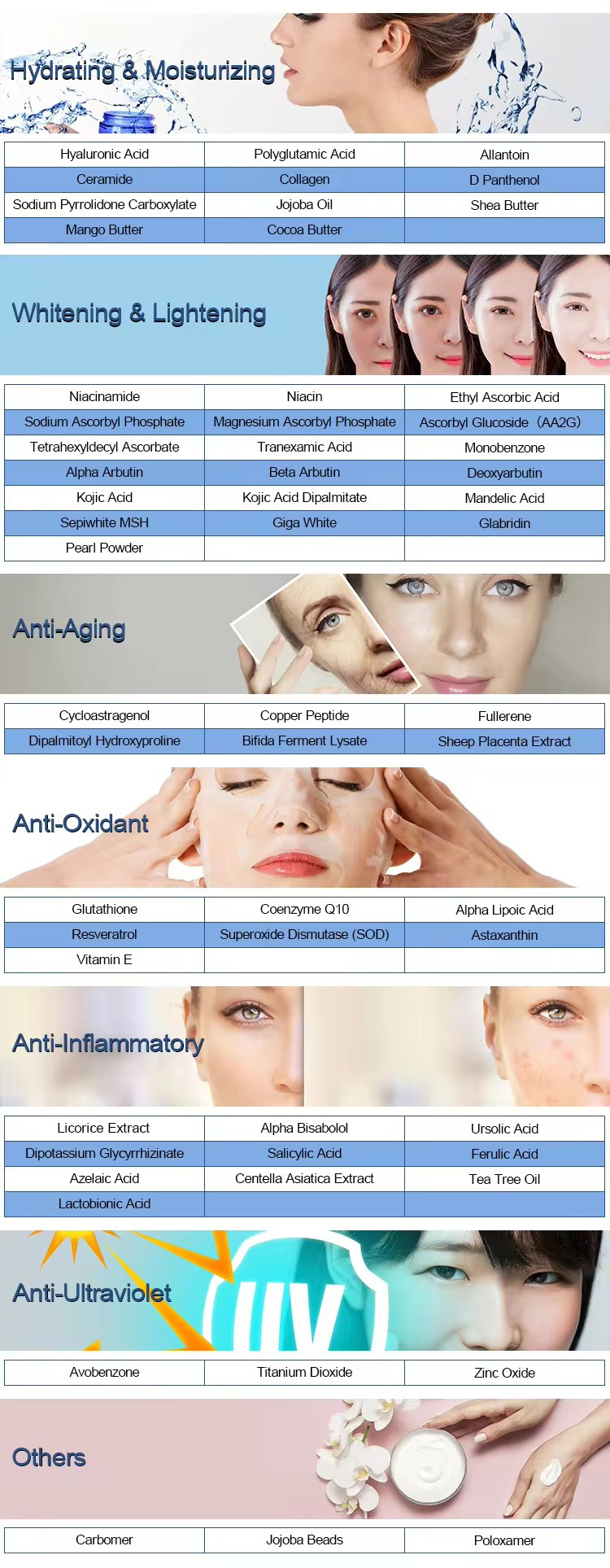Cocoyl glutamic acid is a surfactant and cleansing agent commonly used in personal care products such as shampoos, facial cleansers, and body washes. Here’s a breakdown of its origin, properties, and introduction:
Origin of Cocoyl Glutamic Acid:
Cocoyl glutamic acid is derived from coconut oil and fermented sugar. The coconut oil undergoes a process called saponification, which involves reacting it with a base such as sodium hydroxide, resulting in the formation of fatty acids. Glutamic acid, an amino acid, is then added to these fatty acids through a condensation reaction, leading to the formation of cocoyl glutamic acid.

Properties of Cocoyl Glutamic Acid:
Mild Cleansing: Cocoyl glutamic acid is known for its gentle cleansing properties, making it suitable for use in products designed for sensitive skin.
Biodegradability: It is environmentally friendly and biodegradable, which is beneficial for products intended to have minimal impact on the environment.
Good Foaming: It produces a rich lather, contributing to the sensory experience of using personal care products.
Non-Irritating: It has low irritancy potential, making it suitable for use in formulations for individuals with sensitive skin.
Introduction of Cocoyl Glutamic Acid:
Cocoyl glutamic acid gained popularity in the personal care industry as consumers increasingly sought out products with milder and more natural ingredients. Its gentle cleansing properties and biodegradability make it an attractive alternative to harsher surfactants like sodium lauryl sulfate (SLS) and sodium laureth sulfate (SLES), which are known to strip the skin of its natural oils and can cause irritation for some individuals.

Manufacturers began incorporating cocoyl glutamic acid into various formulations, particularly those marketed as gentle or natural. Its introduction into products such as facial cleansers, shampoos, and body washes provided consumers with gentler alternatives that still effectively cleanse the skin and hair without causing undue irritation.
Overall, cocoyl glutamic acid has become a staple ingredient in many personal care products, valued for its mildness, biodegradability, and compatibility with sensitive skin.
